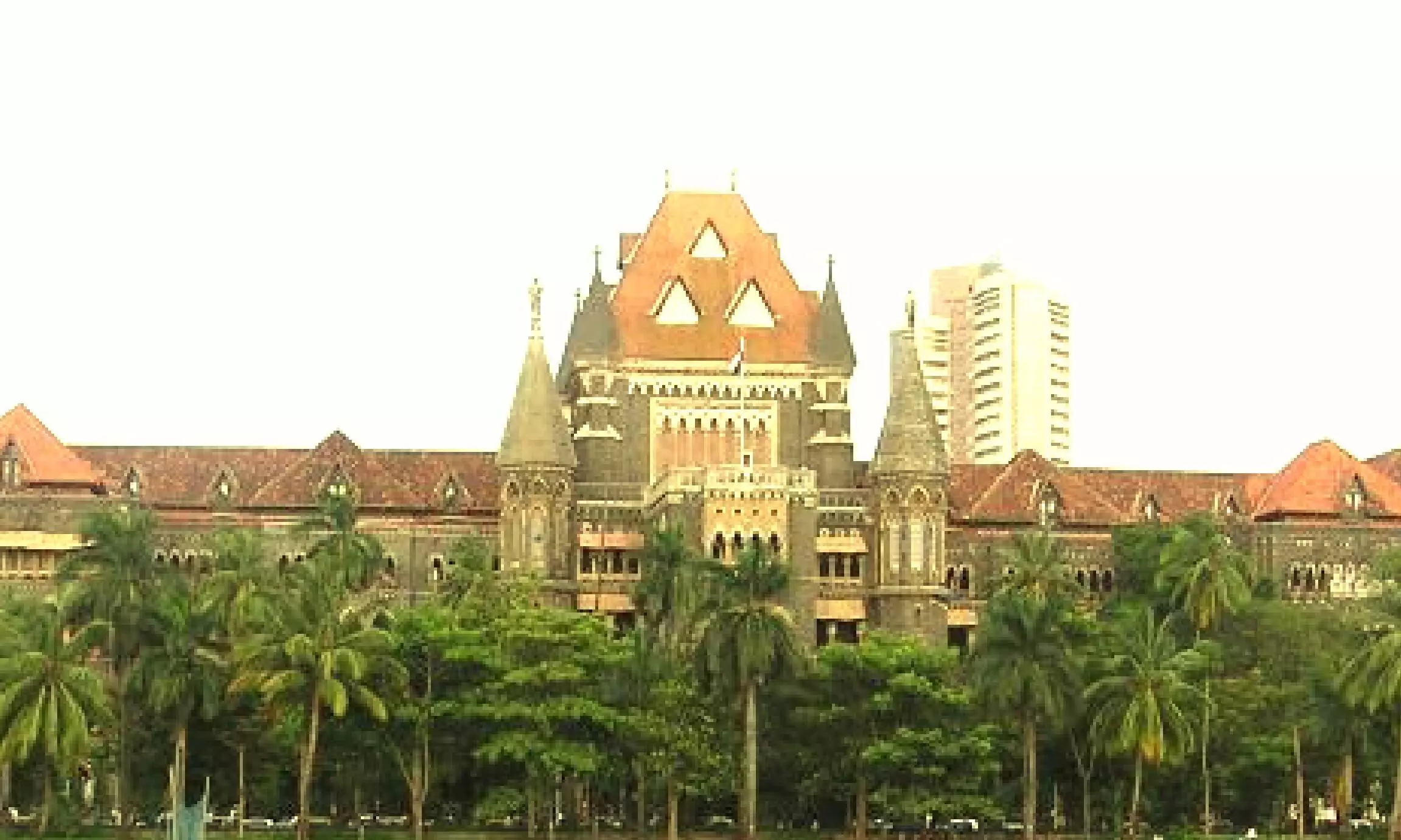
In Absence Of Agreement With Development Authority, Land Can Be Acquired Only Under RFCTLARR Act For Implementing Regional Plan Of Construction: Bombay HC
 |
|The Bombay High Court held that in absence of any agreement with the development authority, the land can be acquired only under Right to Fair Compensation and Transparency in Land Acquisition, Rehabilitation and Resettlement Act, 2013 (RFCTLARR Act) for the implementation of the regional plan of construction.
The Court held thus in a writ petition filed by a Church seeking direction to the authorities to follow due process of law in taking over its land by following the provisions of RFCTLARR Act.
A Division Bench comprising Justice G.S. Kulkarni and Justice Arun R. Pedneker observed, “If there is no agreement, the logical corollary to it is that, the land reserved for public purpose has to be subjected to acquisition as per the applicable law, namely to be acquired under Section 126(1)(c). As such, we have no hesitation to hold that the land of the petitioner, in absence of any agreement between the petitioner and the planning authority/development authority, can be acquired only under the 2013 Act for the purposes of implementation of the regional plan for constructing public garden/park on the land of the petitioner.”
The Bench said that in absence of agreement between the parties, the reserved land cannot be acquired under clause (a) or (b) of Section 126(1) of the Maharashtra Regional and Town Planning Act, 1966 (MRTP Act).
Advocate Dhananjay Deshmukh appeared for the petitioner while AGP Pooja Patil appeared for the respondents.
Brief Facts -
The petitioner, a Public Charitable Trust was the owner of the land and the Archaeological Survey of India (ASI) claimed ownership of the caves and land adjacent to it. The petitioner contended that its land was adjacent to the land under two caves situated in a village, which was declared as vested in the Government of India. It further contended that in 2001, the City Civil Court injuncted the respondent from carrying out any work or disturbing the peaceful possession and enjoyment of the said property of the Church and if the ASI wants to acquire the same, it can do so by following due process of law. Thereafter, the Additional Collector issued a certificate to the Trust as the owner and holder of the properties and the petitioner’s land was reserved in the plan for garden/park.
In February 2024, the petitioner via letter to the Executive Engineer submitted that the land being reserved for garden/park could be taken over by the Corporation by lawfully acquiring the same. The petitioner indicated its willingness to handover the land to the Corporation provided that it was paid monetary compensation for the same. However, its request was rejected and the petitioner was requested by the Corporation to handover the land so that the same can be developed for the public purpose of garden. Being aggrieved by such response of Municipal Corporation, the petitioner approached the High Court.
The High Court in view of the above facts noted, “A bare reading of Section 126 of the Maharashtra Regional and Town Planning Act, 1966 would indicate that a land reserved for public purpose can either be acquired by an agreement by paying an amount or in lieu of such amount, the TDR or FSI can be granted to the claimant. However, the TDR or FSI can only be granted in lieu of the amount agreed. As such, it is necessary that for TDR or FSI to be granted to the claimant, there has to be basic agreement between the parties. The TDR/FSI can only be granted in lieu of the amount agreed.”
The Court said that the respondents cannot contend that the petitioner need to only accept TDR and/or they cannot claim monetary compensation as such contention is patently misconceived as per provisions of Section 126 of MRPTP Act which would not permit the respondents to foist TDR/FSI on the petitioner in the absence of an agreement.
“The legal position is no more res integra considering the decision of the Full Bench of this Court in the case of Shree Vinayak Builders and Developers, Nagpur versus The State of Maharashtra and ors. reported in 2022(4) MH.L.J”, it added.
The Court, therefore, directed that, in the event, the Municipal Corporation seeks to acquire the petitioner’s land, the same can be done only under Section 126(1)(c) of MRTP Act by resorting to acquire the land by following the procedure under RFCTLARR Act, in the absence of agreement regarding acceptance of TDR/FSI.
“Needless to observe that till the Municipal Corporation resorts to appropriate procedure in law as discussed above to acquire the petitioner’s land, the Municipal Corporation shall not disturb the peaceful possession of the petitioner in any manner whatsoever except if consented by the petitioner”, it further ordered.
Accordingly, the High Court disposed of the writ petition.
Cause Title- Our Lady of Immaculate Conception Church v. Municipal Corporation of Greater Mumbai & Ors. (Neutral Citation: 2024:BHC-OS:9126-DB)
Appearance:
Petitioner: Advocate Dhananjay Deshmukh
Respondents: AGP Pooja Patil, Advocates Priyanka Sonawane, S.K. Sonawane, and Ashutosh Misra.